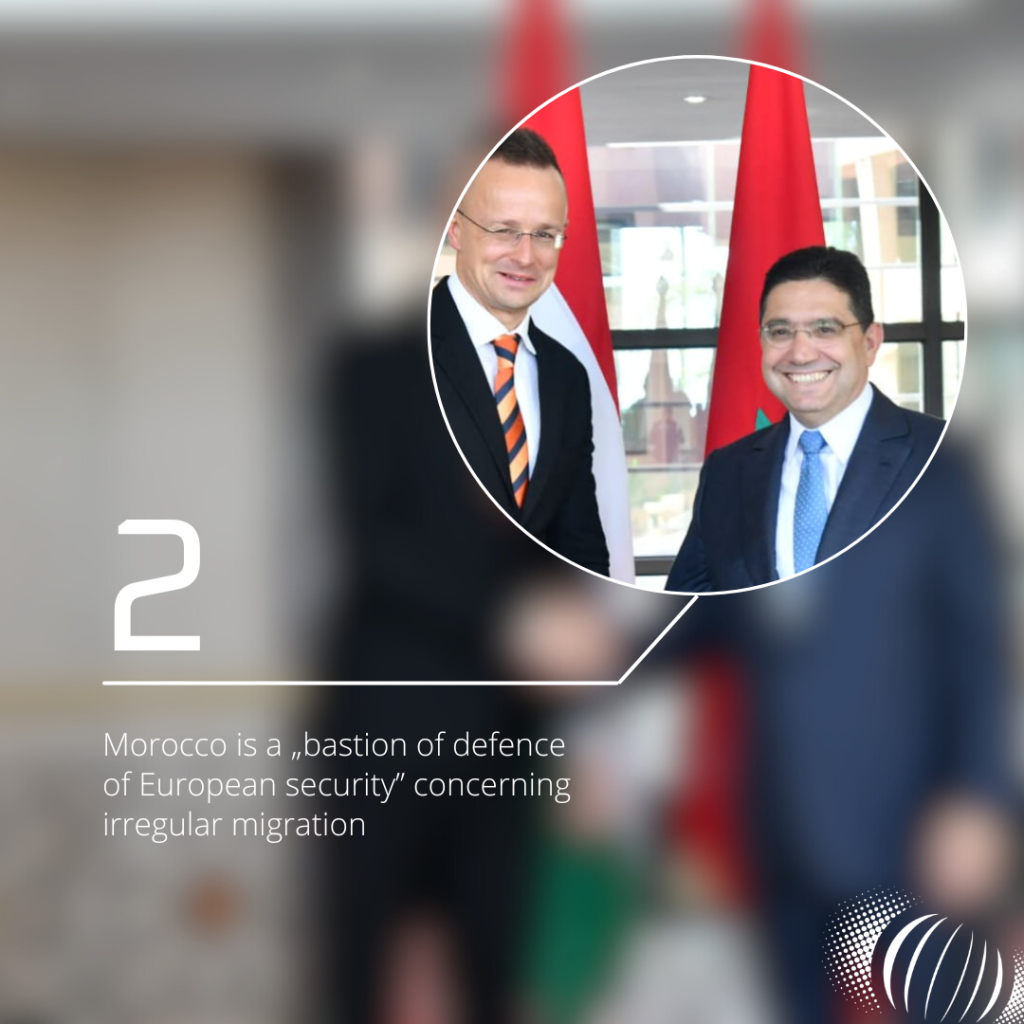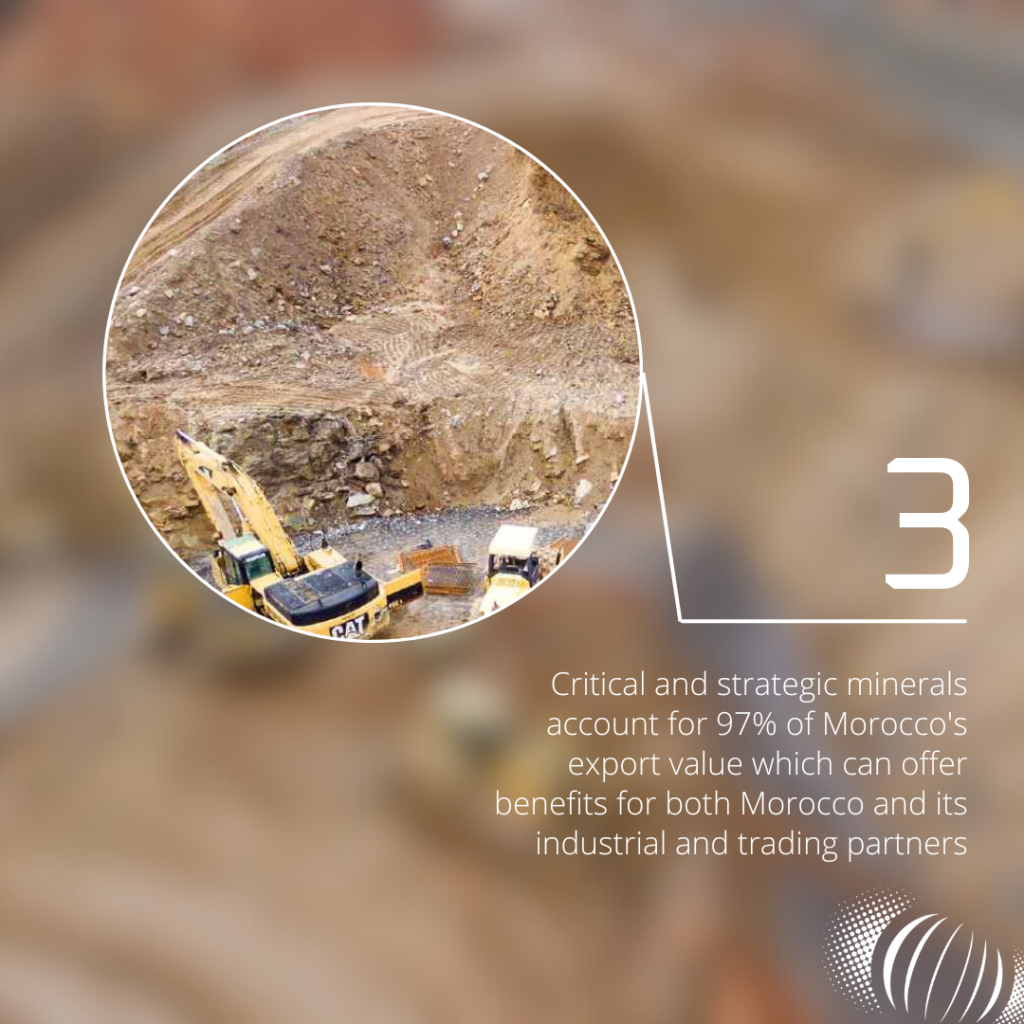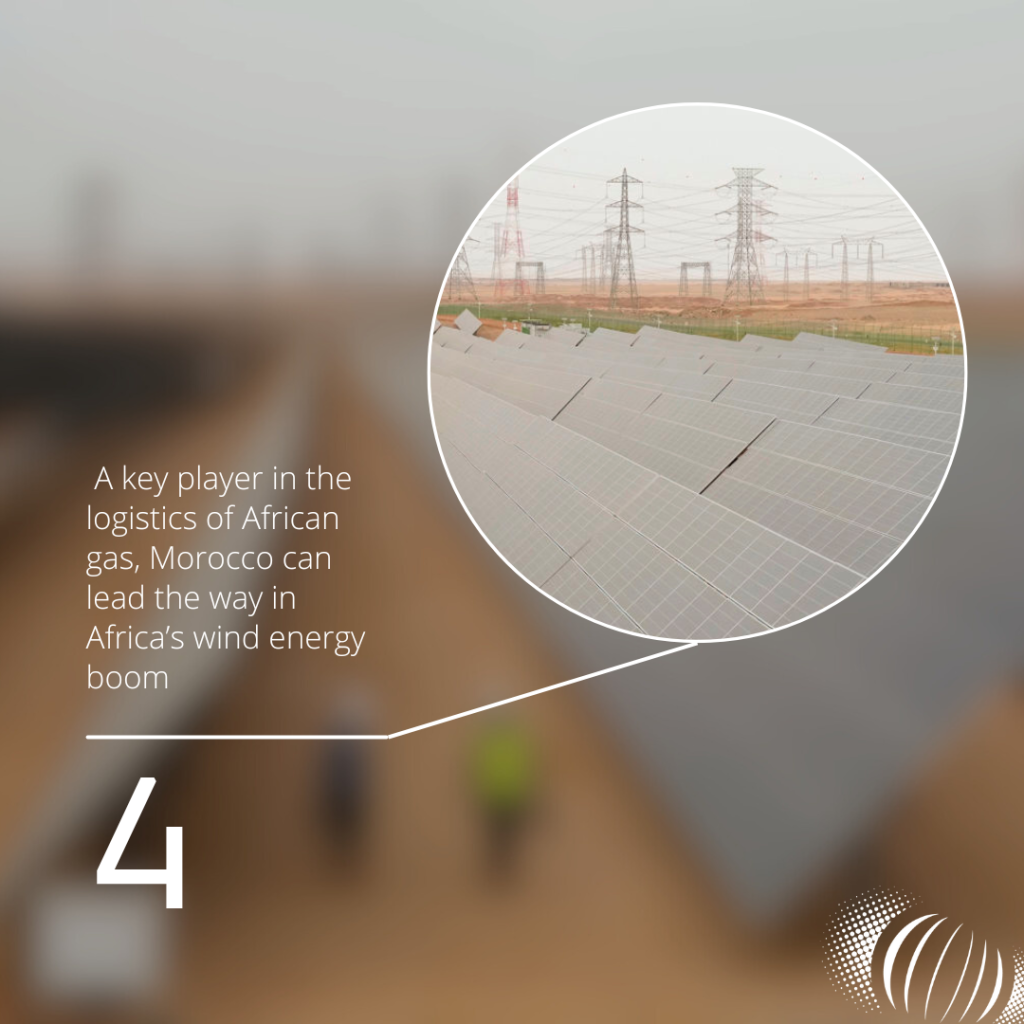- Morocco and Hungary’s shared ultimate goal is to promote security, peace and stability in international and regional affairs.
Morocco and Hungary has a common ground in the field of promoting peace, security and stability, thus sharing a common vision for the future. The main spheres of cooperation between the two countries are border protection and economic development. Through the ongoing economic bilateral cooperation (like agribusiness or renewable energy), the establishment of the Hungarian-Moroccan Business Council and a series of high-level political meetings, the two countries are aiming to strengthen their cooperation. The cardinal issue for the Moroccan foreign policy partnership traditionally is the Western Sahara issue in conformation with Algeria. Hungary has traditionally always shared Morocco’s position on Western Sahara, so there is no conflict between the two countries.
2. Morocco is a „bastion of defence of European security” concerning irregular migration.
Morocco’s traditional role as a link between the African, Maghreb and Southern European regions gives the country a key role in the fight against illegal migration flowing into the European Union. It also highlights Morocco’s role as it is a neighbour to the EU’s only land border with Africa: the Spanish enclaves of Ceuta and Melilla. Morocco has intensified its gatekeeper role in 2023 through the EU’s new Asylum and Migration Pact in December 2023 which complements already existing cooperation such as the Mobility Partnership Agreement or EU’s financial support for Morocco’s National Strategy on Migration and Asylum. The monarchy has also strengthened its bilateral cross-border cooperation with Spain. A transactional relationship is also unfolding: the EU supports Morocco’s territorial claim (Western Sahara) and Morocco supports Europe’s refugee policy.
By the end of 2023 Morocco has stopped approximately between 75.000 and 87.000 migrants from entering the EU. Without Morocco’s close cooperation and engagement, it would be difficult to effectively manage the increasing illegal migration, which Hungary also recognizes by extending its cooperation with North Africa to the area of global and regional peace.
3. Critical and strategic minerals account for 97% of Morocco’s export value which can offer benefits for both Morocco and its industrial and trading partners.
Morocco is a major producer and exporter of strategic critical minerals like lithium, nickel, platinum group metals (PGM), copper, cobalt, arsenic trioxide, feldspar, manganese and tungsten. Lithium is the first strategic critical mineral in terms of export value (21%). Globally, Morocco is the first EU supplier (27%) and second global producer (14%) of phosphate rock. Also, the world’s third largest arsenic metal producer. These are all essential and fundamental components of specific strategic sectors, most importantly renewable energy, aerospace, defence technology and digital industry.
4. A key player in the logistics of African gas, Morocco can lead the way in Africa’s wind energy boom.
Morocco has an important transit role not only in the context of migration, but but due to the country’s location and characteristics, is a key player in the logistics of African gas: either in case of the Maghreb-Europe pipeline or in the case of West Africa pipeline (linking Nigeria to Morocco) complemented by the Trans-Saharan pipeline, would allow Nigerian gas to reach the EU markets which would diversify solutions to the EU’s energy needs.
On the other hand when it comes to renewable energy sources, Morocco since the mid-2000’s, has an ambitious long-term national strategy plan (NEEAP, Moroccan Solar Plan, Integrated Wind Energy Programme etc.) on clean energy, utilising its exceptional wind and solar energy capacity. The Monarchy can produce 500 terawatt-hours of clean energy per year, of which 350 terawatt-hours are off-shore wind energy and 150 terawatt-hours are solar energy which means the North-African country has the potential to become the largest clean energy-producing countries among South Africa and Egypt on the continent. The development of renewable energy technologies can contribute to the diversification of global economy in renewable energy value chains and to strategic transitions between sectors as well as creating jobs: the installation of wind projects alone has created about 12 400 jobs, both during and after construction across Africa.
- Since 1995 trade between Morocco and Hungary has been characterised by steady annual growth.
The Moroccan export over the past 27 years has increased by 17.6% reaching 122 million USD-dollars in 2022. The Hungarian export to Morocco over the same period of time, has grown by 11% and counting 232 million USD-dollars. Over the years, Morocco has become one of Hungary’s most important trading partner on the African continent. In addition to direct trade in goods, other forms of cooperation will also foster mutual development between the two countries. Such as Morocco and Hungary have signed several cooperation agreements in scientific and academic cooperation: ranging from university scholarships (like Stipendium Hungaricum scholarship programme launched in 2015 and was enlarged in 2021) to cooperation in nuclear energy. Morocco and Hungary have signed a Memorandum of Understanding for cooperation through the Nuclear Energy Cooperation Agreement (2021), which aims to strengthen research and development activities between research institutes on both sides solely among the peaceful use of nuclear energy.
Morocco’s geographical location and its endowments, or lack of them (water scarcity, high mining costs or the fact Morocco is a net gas importer), force the country to favour innovation, which positions the North African state as a long-term beneficial partner.
Written by Tamás Péter Baranyi & Noella Südi




